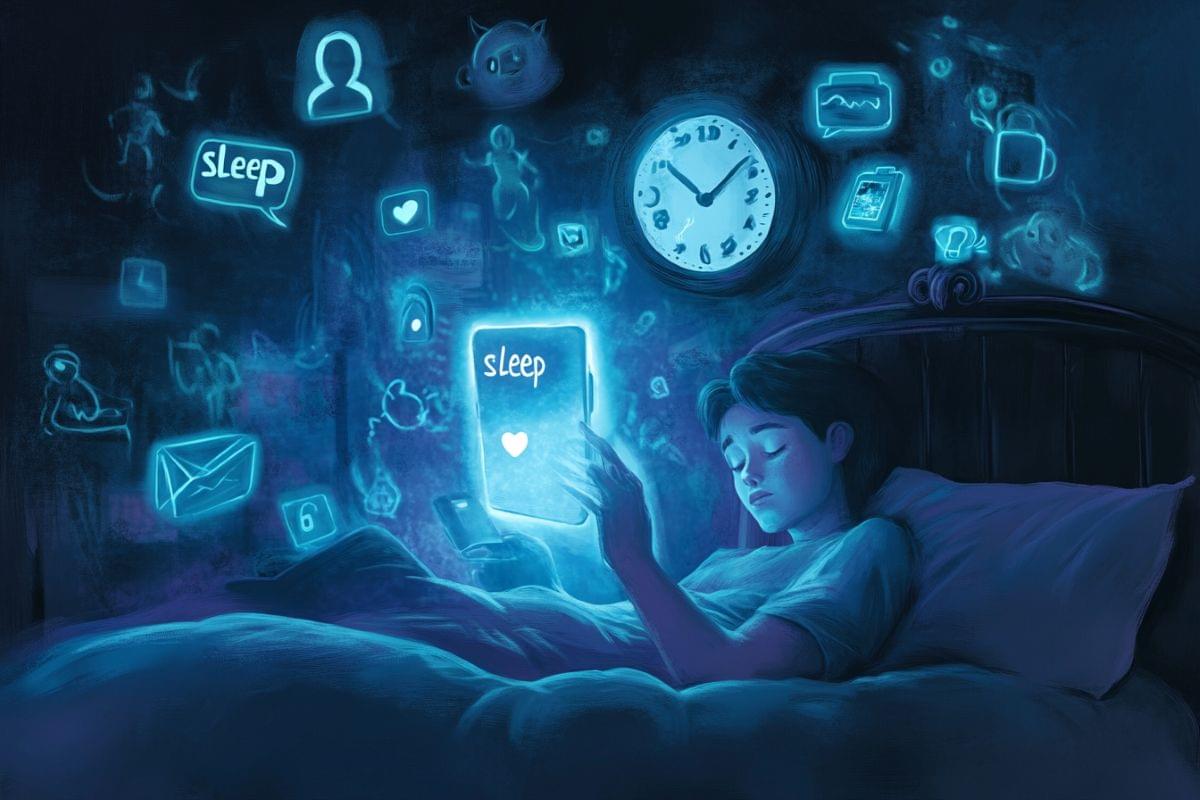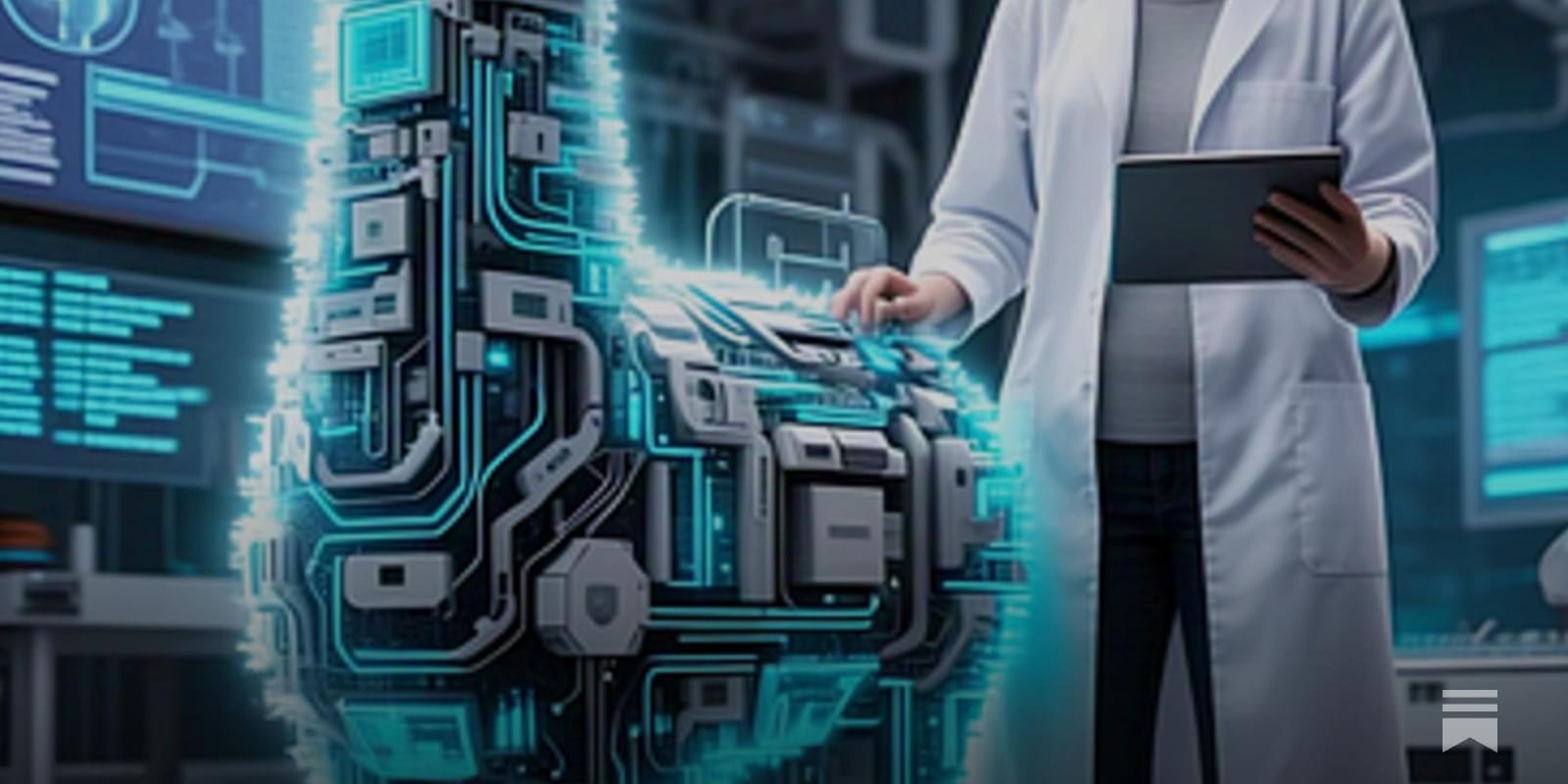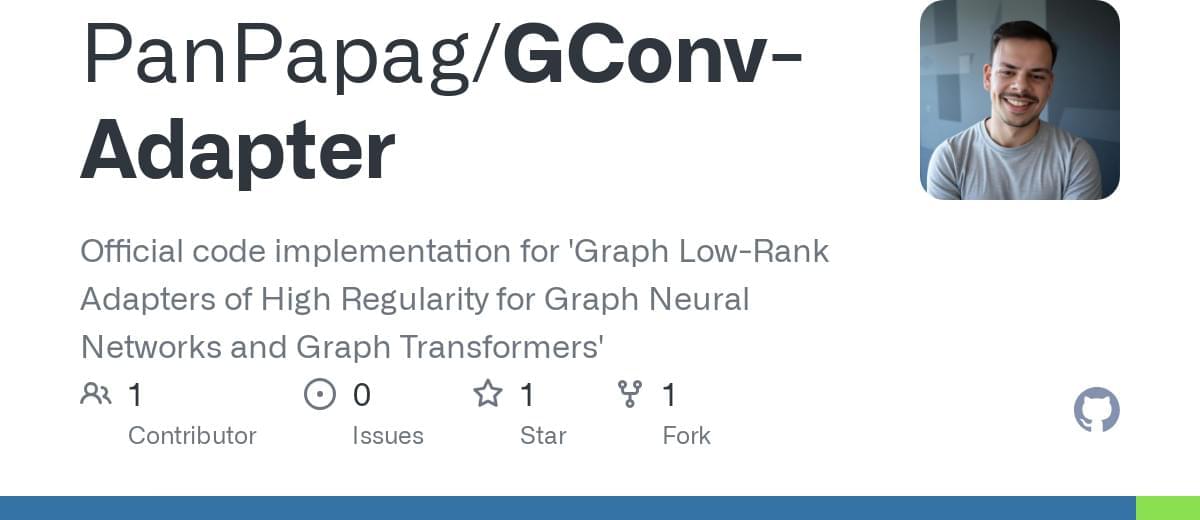The future of off-road adventure has arrived! The Kawasaki Corleo isn’t just another concept vehicle—it’s a revolutionary four-legged robotic riding machine…
Get the latest international news and world events from around the world.


Dietary AGE Products Impact Insulin Resistance And Inflammation: Jaime Uribarri, M.D
Join us on Patreon! https://www.patreon.com/MichaelLustgartenPhD
Discount Links/Affiliates:
Blood testing (where I get the majority of my labs): https://www.ultalabtests.com/partners/michaellustgarten.
At-Home Metabolomics: https://www.iollo.com?ref=michael-lustgarten.
Use Code: CONQUERAGING At Checkout.
Clearly Filtered Water Filter: https://get.aspr.app/SHoPY
Epigenetic, Telomere Testing: https://trudiagnostic.com/?irclickid=U-s3Ii2r7xyIU-LSYLyQdQ6…M0&irgwc=1
Use Code: CONQUERAGING
NAD+ Quantification: https://www.jinfiniti.com/intracellular-nad-test/
Meta Releases Two New Llama 4 AI Models
Meta claims its new models are superior to those from OpenAI and Google across ‘a broad range’ of benchmarks.

Murray Gell-Mann
(/ ˈ m ʌr i ˈ ɡ ɛ l ˈ m æ n / ; September 15, 1929 – May 24, 2019) [ 3 ] [ 4 ] [ 5 ] [ 6 ] was an American theoretical physicist who played a preeminent role in the development of the theory of elementary particles. Gell-Mann introduced the concept of quarks as the fundamental building blocks of the strongly interacting particles, and the renormalization group as a foundational element of quantum field theory and statistical mechanics. He played key roles in developing the concept of chirality in the theory of the weak interactions and spontaneous chiral symmetry breaking in the strong interactions, which controls the physics of the light mesons. In the 1970s he was a co-inventor of quantum chromodynamics (QCD) which explains the confinement of quarks in mesons and baryons and forms a large part of the Standard Model of elementary particles and forces.
Murray Gell-Mann received the 1969 Nobel Prize in Physics for his work on the theory of elementary particles.

